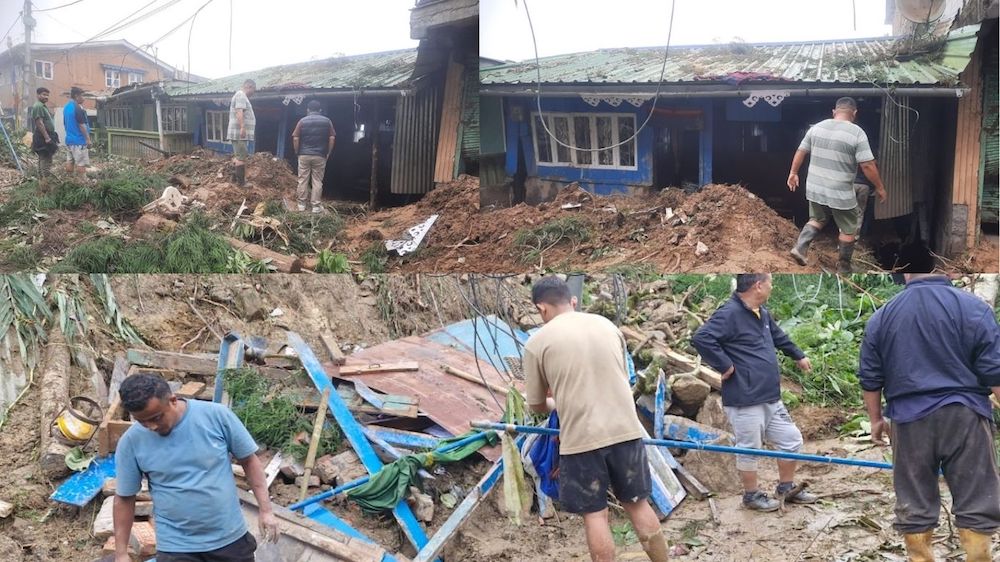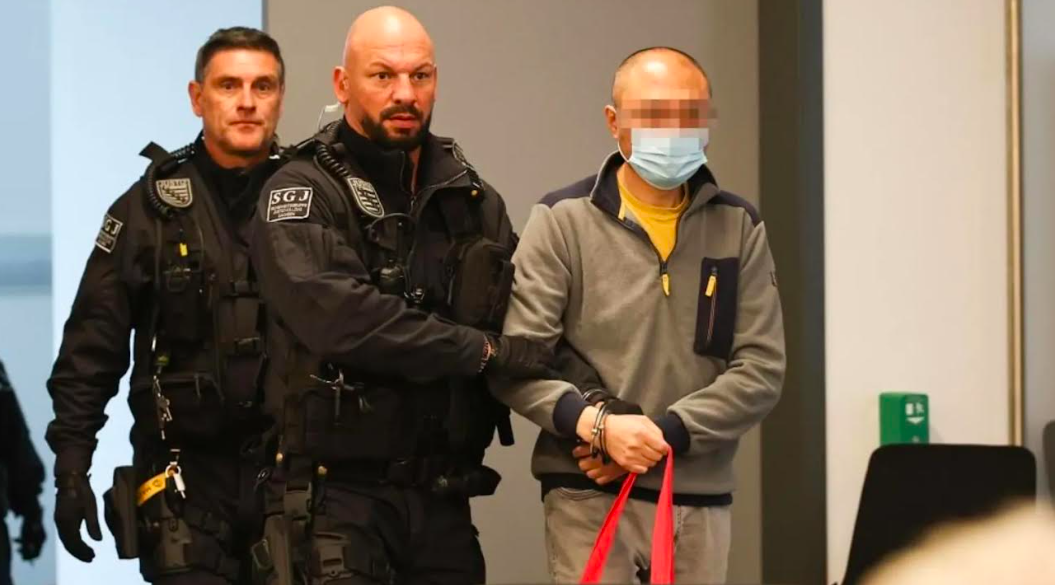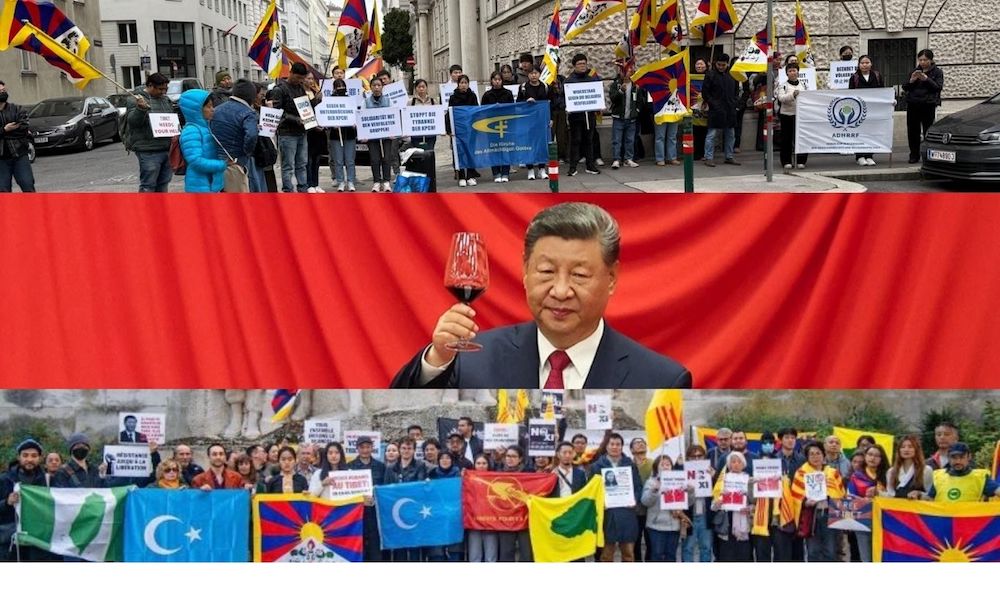 Dharamsala, December 23 – A 10 – member delegation of the “Tibet Autonomous Region” met with the Nepali Home Minister Bhim Rawal Wednesday in Kathmandu. The delegation led by “TAR” deputy governor Li Zhao is currently on a visit to Nepal, which is home to more than 20000 Tibetan refugees.
Dharamsala, December 23 – A 10 – member delegation of the “Tibet Autonomous Region” met with the Nepali Home Minister Bhim Rawal Wednesday in Kathmandu. The delegation led by “TAR” deputy governor Li Zhao is currently on a visit to Nepal, which is home to more than 20000 Tibetan refugees.
Nepali Home Minister Rawal said Prime Minister Madhav Kumar Nepal’s recent visit of which he was also a part has enhanced the friendly relations between the two countries.
The ongoing peace process and issues of bilateral interests included the influx of Tibetans in Nepal, sources say.
The meeting comes a week after Wiki-leaks released a diplomatic cable from U.S embassy in New Delhi indicating that China rewards Nepali Police officials for arresting Tibetans fleeing Chinese rule in Tibet and handing them over to Chinese authorities or engaging in anti – China protests on Nepali soil.
Nepal and China last month agreed as part of a 13-point agreement to step up security in their border areas to prevent entry of Tibetans into Nepal. A meeting of high-level officials from the two sides held on November 28 in Chautara, 125-km east of the capital Kathmandu near the Tibetan border, decided “tighten the entry of Tibetan nationals into Nepal and systematise the distribution of temporary entry cards”.
Every year several thousand Tibetans – including monks, nuns and children – escape from Tibet, traveling through treacherous Nepalese terrain to reach India. Acting under heavy Chinese influence, the Nepalese government has over intensified its security to prevent Tibetan activists from taking part in peaceful demonstrations.
According to media reports from Nepal, China has lately asked Nepal to deploy around 10,000 security personnel along the Sino-Nepal border to guard against fleeing Tibetans and infiltration into Tibet, according to security sources. Beijing has also assured all possible assistance needed to make the arrangements.
Earlier last month, in a bid to check anti-Beijing activities in Nepal, China provided a two-week special training in Beijing for Nepalese police and top administrative officials. Officials from Nepal Police and Armed Police Force (APF) from the areas bordering Tibet took part in the training.
In October, under orders from Nepal’s home ministry Nepali police to disrupted the Tibetan preliminary elections.
Nepal, which relies heavily on China for assistance, supports ‘one-China policy’ that views Tibet as an integral part of China. Nepal has traditionally given safe passage to fleeing Tibetan refugees under an informal agreement between the government and the UN refugee agency.









